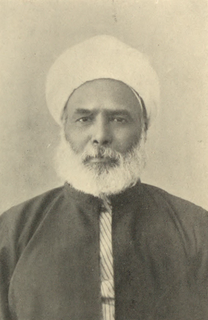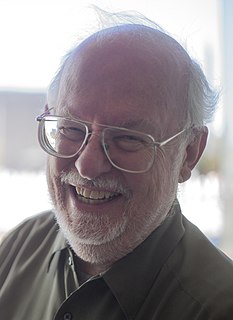A Quote by Luciano Berio
The relation between practical and spiritual spheres in music is obvious, if only because it demands ears, finger, consciousness and intellect.
Related Quotes
One of the unfortunate consequences of the intellectualization of man's spiritual life was that the word "spirit" was lost and replaced by mind or intellect, and that the element of vitality which is present in "spirit" was separated and interpreted as an independent biological force. Man was divided into a bloodless intellect and a meaningless vitality. The middle ground between them, the spiritual soul, in which vitality and intentionality are united, was dropped.
The "name" of the Most Holy Trinity is in a certain way impressed upon everything that exists, because everything that exists, down to the least particle, is a being in relation, and thus God-relation shines forth, ultimately creative Love shines forth. All comes from love, tends toward love, and is moved by love, naturally, according to different grades of consciousness and freedom... The strongest proof that we are made in the image of the Trinity is this: only love makes us happy, because we live in relation, and we live to love and be loved.
We may exist in all universes, but 'hear' only one because of our limitations, the valve of our desires, our practical, physical needs. All is vibration, with nothing vibrating across no distance whatsoever. All is music. A universe, a world, is just one long difficult song. The difference between worlds is the difference between songs.
Aristotle ... imputed this symphony of the heavens ... this music of the spheres to Pythagorus. ... But Pythagoras alone of mortals is said to have heard this harmony ... If our hearts were as pure, as chaste, as snowy as Pythagoras' was, our ears would resound and be filled with that supremely lovely music of the wheeling stars.
The truly monumental can only come about by means of the most exact and refined relation between parts. Since each thing carries both a meaning of its own and an associated meaning in relation to something else - its essential value is relative. We speak of the mood we experience when looking at a landscape. This mood results from the relation of certain things rather than from their separate actualities. This is because objects do not in themselves possess the total effect they give when interrelated.
The world's most 'primitive' people have few possessions, but they are not poor. Poverty is not a certain small amount of goods, nor is it just a relation between means and ends; above all it is a relation between people. Poverty is a social status. As such it is the invention of civilization. It has grown with civilization, at once as an invidious distinction between classes and more importantly as a tributary relation.








































